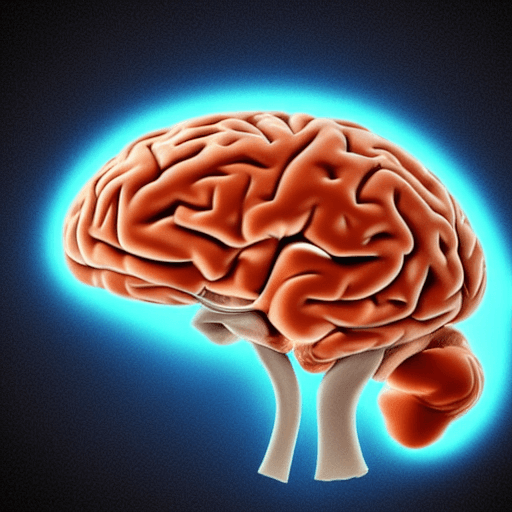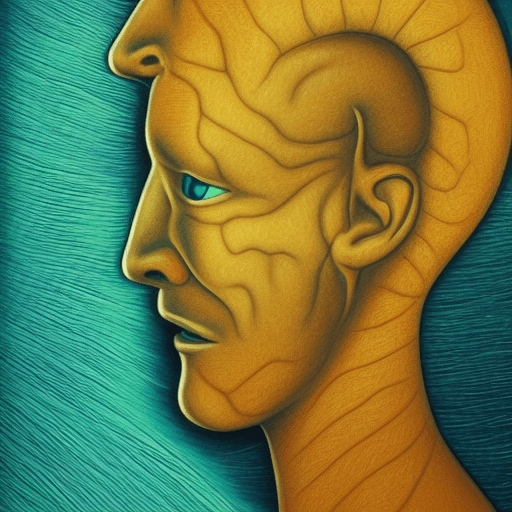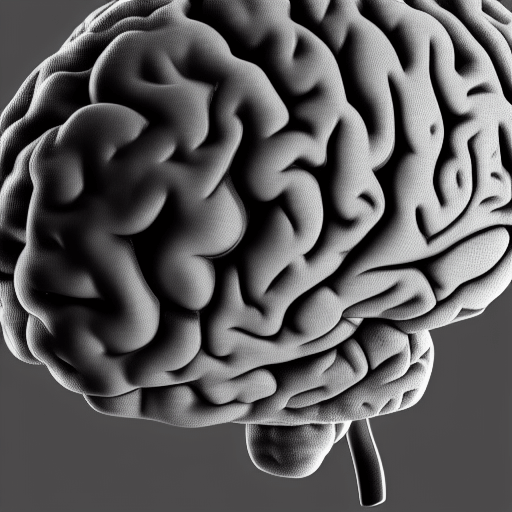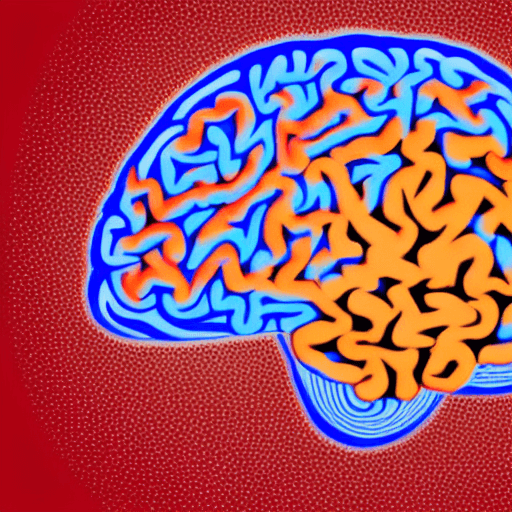Smallest Gland In Human Body
Did you know that the smallest gland in the human body is located in your brain?
This tiny gland is responsible for a variety of important functions.
Today we will discuss this gland and its importance to human health.
We will also take a look at some common problems that can affect this vital organ.

The pineal gland is the smallest gland in the human body.
It is located in the brain and produces several hormones, including melatonin.
Melatonin regulates the body’s sleep-wake cycle.
The pineal gland is also involved in certain aspects of reproduction, sexual development, and changes in consciousness.
What is the smallest gland in human body and what does it do?
The pineal gland is the smallest gland in the human body.
It is a small, pea-sized gland located near the center of the brain. It is responsible for producing melatonin, a hormone that regulates sleep and wakefulness.
The pineal gland is activated by darkness and inhibited by light.
When it is dark, the pineal gland produces more melatonin, which makes us feel sleepy. In contrast, when it is light, the pineal gland produces less melatonin, making us feel more awake.
- The pineal gland is also involved in the regulation of reproduction and seasonal rhythms.
- For example, melatonin production is increased in the winter months, which helps to promote reproductive activity.
- In addition, the pineal gland is thought to play a role in spiritual experiences and mystical states of consciousness.
How does the smallest gland in the human body affect our daily lives?

The pineal gland produces melatonin, which is a hormone that helps to regulate the body’s sleep-wake cycle.
Melatonin production increases when it is dark and decreases when it is light.
This helps to explain why people tend to feel sleepy at night and more alert during the day.
The pineal gland also plays a role in sexual development and fertility.
In children, the pineal gland helps to regulate the release of sex hormones.
In adults, it helps to control the timing of ovulation in women and the production of sperm in men.
Nevertheless, the pineal gland’s exact function is still not fully understood.
- Some researchers believe that it may be involved in mystical or spiritual experiences, but more research is needed to confirm this possibility.
- Regardless of its exact function, the pineal gland clearly has a significant impact on our daily lives.
What are common problems that can affect the smallest gland in the human body?
Despite its small size, the pineal gland plays an important role in regulating the body’s circadian rhythm.

The pineal gland produces melatonin, a hormone that helps to regulate sleep and wakefulness.
Common problems that can affect the pineal gland include pineal cysts, pineal tumors, and calcification of the pineal gland.
Pineal cysts are non-cancerous growths that often do not cause any symptoms.
However, pineal tumors can be cancerous or non-cancerous and may cause symptoms such as headache, nausea, and vomiting. Calcification of the pineal gland is a build-up of calcium deposits within the gland and is often harmless; however, it can sometimes interfere with the production of melatonin.
How can you tell if your smallest gland is not working properly?

If the pineal gland is not functioning properly, it can disrupt the body’s natural sleep-wake cycle, leading to insomnia or other sleep disorders.
In addition, the pineal gland is responsible for converting vitamin D into its active form.
Vitamin D is essential for bone health, and a deficiency can lead to osteoporosis.
So, if you are concerned that your pineal gland may not be working properly, be sure to speak with your doctor about ways to test and improve its function.
How can we take care of the smallest gland in the human body?
There are several things that people can do to take care of their pineal glands.
- First, it is important to eat a healthy diet that includes plenty of fruits and vegetables.
- Second, people should avoid exposure to artificial light, such as from TVs, computers, and cell phones, before bedtime. Third, it is beneficial to get regular exercise and spend time in nature.
- Finally, meditation and relaxation techniques can help to reduce stress and promote restful sleep.
By taking care of the pineal gland, we can help ensure that our bodies are able to get the rest and relaxation they need.
Thus, the pineal gland is the smallest gland in the human body which is located in the brain.
By taking care of the pineal gland, we can help ensure that our bodies are able to get the rest and relaxation they need.
Article Sources
Jacks of Science sources the most authoritative, trustworthy, and highly recognized institutions for our article research. Learn more about our Editorial Teams process and diligence in verifying the accuracy of every article we publish.
